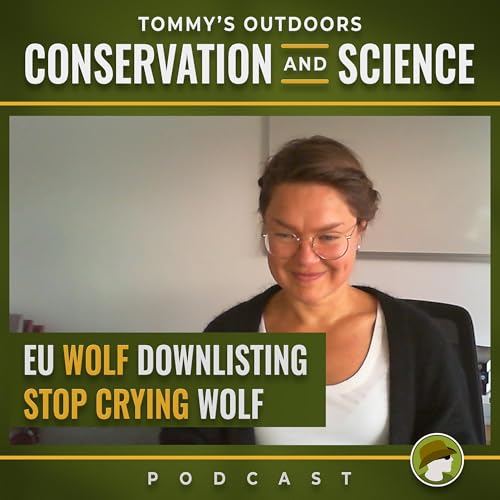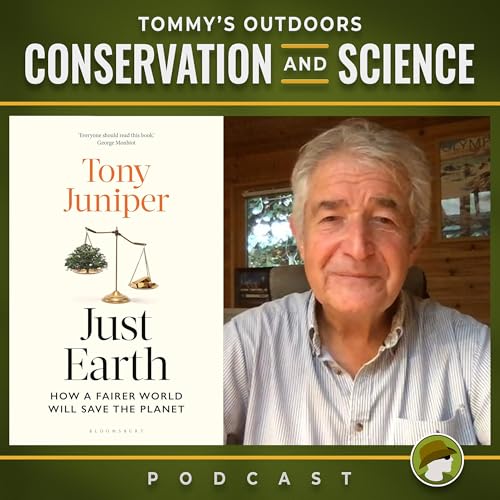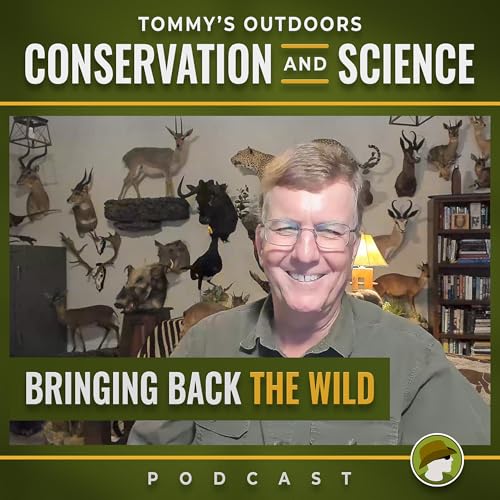Can hunting truly support conservation? Does fortress conservation offer a sustainable solution for protecting wildlife in the long term? And how do we balance the needs of impoverished communities with the preservation of fragile ecosystems? Our guest today is Mike Arnold, a Distinguished Research Professor and Head of the Department of Genetics at the University of Georgia and a lifelong hunter. Mike has published over 220 articles in outdoor magazines and hundreds of research papers on conservation biology. He's also the author of "Bringing Back the Wild: Stories from Revitalised Ecosystems Around the World and How Sport Hunting Supports Them". In our conversation, Mike tackles these difficult questions head-on, drawing from his experiences across the globe.
Mike explains how private hunting concessions in places like Mozambique have maintained stable rhino populations whilst nearby national parks have lost over 90% of their animals to poaching. He shares fascinating insights from his travels to locations as varied as Mexico's Yucatan, Scotland's hunting estates, and Sweden's forests - including his quest for a rare red-coloured West African Savannah buffalo. What emerges is a nuanced picture of conservation that refuses easy answers. Mike discusses the biological realities of managing herbivore populations, the importance of protecting entire ecosystems rather than just game species, and how economic benefits to landowners create incentives for habitat protection.
The conversation takes an honest look at challenges facing hunting and conservation. Mike and I discuss the troubling demographics of hunting organisations, where finding anyone under 50 is increasingly difficult. We explore the tensions between rewilding advocates and traditional land users, the concept of "fortress conservation", and whether current systems can survive long-term pressures from growing inequality. We argue that addressing poverty is essential for conservation success, and that getting young people engaged with nature, not TikTok and PlayStation, is crucial for the future. Whether you hunt or not, this episode offers valuable perspectives on one of conservation's most contentious subjects.
Buy Mike's Book: https://amzn.to/3WLkFe2
Subscribe to Tommy's Outdoors: Conservation and Science Newsletter
Support the Podcast and Buy Me a Coffee.
Recommended Books: tommysoutdoors.com/books
Merch: tommysoutdoors.com/shop
Follow Tommy's Outdoors on Bluesky, Twitter, Instagram, YouTube and Facebook
The guest featured in this episode paid a nominal guesting fee. This fee did not directly influence the content of the episode. The guest had no editorial control, did not review the episode before publication, and did not influence the questions asked during the interview.
Mentioned in this episode:
DOWNLOAD:
 Dec 16 202553 mins
Dec 16 202553 mins 1 hr and 13 mins
1 hr and 13 mins 58 mins
58 mins Nov 25 20251 hr and 4 mins
Nov 25 20251 hr and 4 mins Nov 18 20251 hr and 11 mins
Nov 18 20251 hr and 11 mins 1 hr and 4 mins
1 hr and 4 mins 57 mins
57 mins 1 hr and 6 mins
1 hr and 6 mins
